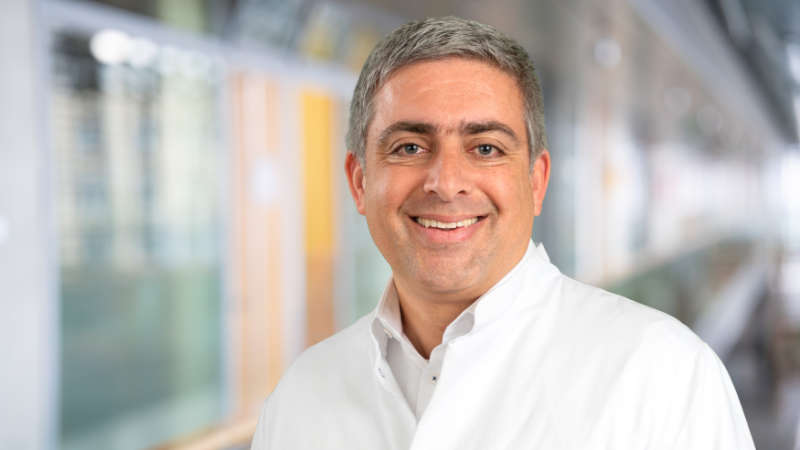Denis Schewe Group
Translational research in childhood leukemia, from disease mechanisms to novel immunotherapies

Childhood acute lymphoblastic leukemia is the most common malignancy in children. Despite a continuous rise in cure rates in the last decades, a significant proportion of patients relapse. Relapsing disease is poorly understood and some situations in leukemia therapy remain highly problematic. Examples include relapse after hematopoietic stem cell transplantation, relapsed/refractory T-ALL, KMT2A-rearranged infant leukemia or extramedullary disease. My working group has been eager to learn about these situations since 2011 and focused on in vivo modeling of ALL, novel antibody-mediated approaches and niche-dependent survival and resistance mechanisms. With a long-standing track record in high-end pediatric oncology research, the group is always looking for enthusiastic new PhD candidates willing to embark on projects with a high immediate clinical relevance for children with cancer.
Antibody-mediated immunotherapy of ALL
The objective of these projects are the design of novel antibody-based immunotherapies and immunotherapy combinations to make ALL therapy more effective, more specific and less toxic. We work with antibodies repurposed for ALL treatment from other indications, novel constructs developed in academia and industry collaborations as well as with antibody/targeted drug combinations, which are aimed at activating immune effector mechanisms.
Niche-dependent survival and resistance mechanisms in ALL
The aim of this projects is to identify mechanisms of chemoresistance and cellular survival in protected niches in leukemia, mainly in extramedullary compartments. In the last years and decades we have identified a number of signaling pathways and target molecules relevant for central nervous infiltration. Also, we are investigating the mechanisms of testicular leukemia. Extramedullary leukemia is a major problem in ALL therapy because its therapy can be highly toxic and is associated with various long-term sequelae. We aim to replace this therapy with more targeted approaches.
Future Projects and Goals
- Exploring novel targets and modalities for antibody-based immunotherapy of ALL and other hematological malignancies.
- Exploring the contribution of immune effector cells on the efficacy of immunotherapy in ALL and how these could be efficiently modulated.
- Understanding mechanisms of extramedullary leukemia and identifying novel targeting approaches.
- Improving modeling of acute lymphoblastic leukemia and other hematological malignancies in order to reduce the need for in vivo experiments.
Methodological and Technical Expertise
- Cell culture models of leukemia and co-culture models (bone marrow, CNS, and others)
- Immunological methods (flow ctometry, FACS sorting, ELISA, Western Blot, and others)
- In vitro immune effector cell assays (ADCC, AD)
- Live cell imaging
- In vivo leukemia patient-derived xenograft models in different immunodeficient mice strains
- Biobank access to pediatric acute lymphoblastic leukemia cells
